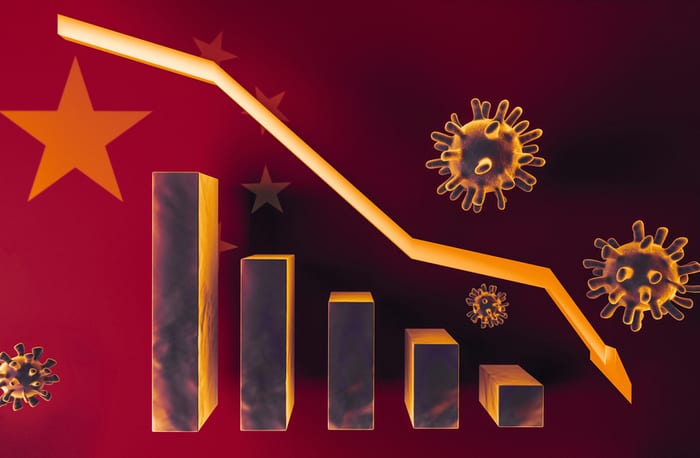EU Braces For Coronavirus’ Impact On PMI

China’s coronavirus is having a negative impact on the eurozone’s already-sluggish economy, and no one is confident that the U.S. Fed will leave interest rates alone until the end of the year. In addition, the outbreak of coronavirus brought copper’s rally to an end. Copper — sometimes seen as the bellwether for the global economy — took a dive, the Financial Times (FT) reported on Sunday (Feb. 16).
On Friday (Feb. 20), IHS Markit will release composite purchasing managers’ indices (PMI) — that combine manufacturing and services activity — for the eurozone and its two biggest economies, France and Germany. The PMI will provide a snapshot as to how the region’s companies are faring and could offer an early clue as to how severe the impact of the coronavirus will be.
Low inflation and weak growth — especially in Germany — caused the European Central Bank (ECB) to drop rates last year.
The U.S. Federal Reserve will release information on Wednesday (Feb. 18) from its policy-setting meeting. The U.S. central bank had said last month that it would not change its rate from 1.5 to 1.75 percent until the end of the year.
Comments from market participants sent Treasuries rallying, along with warnings from Chairman Jay Powell about the effect the coronavirus outbreak could have on economic growth. These things caused some investors to feel that the Fed could cut interest rates again in 2020.
Powell said in his testimony before Congress last week that it was too soon to know what the impact of the coronavirus might be on the U.S. economy.
The outbreak of coronavirus also took a toll on copper prices. As a trade deal got closer between the U.S. and China, copper prices went up. Prices have since dropped on fears the coronavirus could negatively impact the U.S. economy.
Copper hit $6,300 a ton in mid-January before dropping to a near three-year low of $5,528 when the health crisis became clear. It is now trading at more than $5,700 a ton.
The annual Mobile World Conference (MWC), scheduled in Barcelona for Feb. 24 through Feb. 27, has been officially called off by organizers, citing high-profile pullouts by Intel, Google, Sony, Vodafone, Nokia, Amazon and others over the fear of encouraging the virus’ spread.